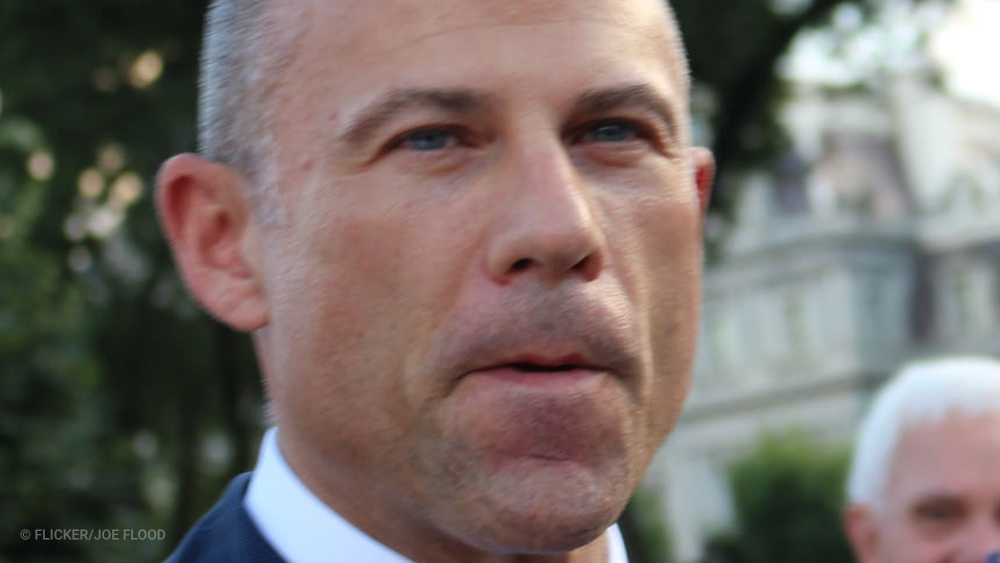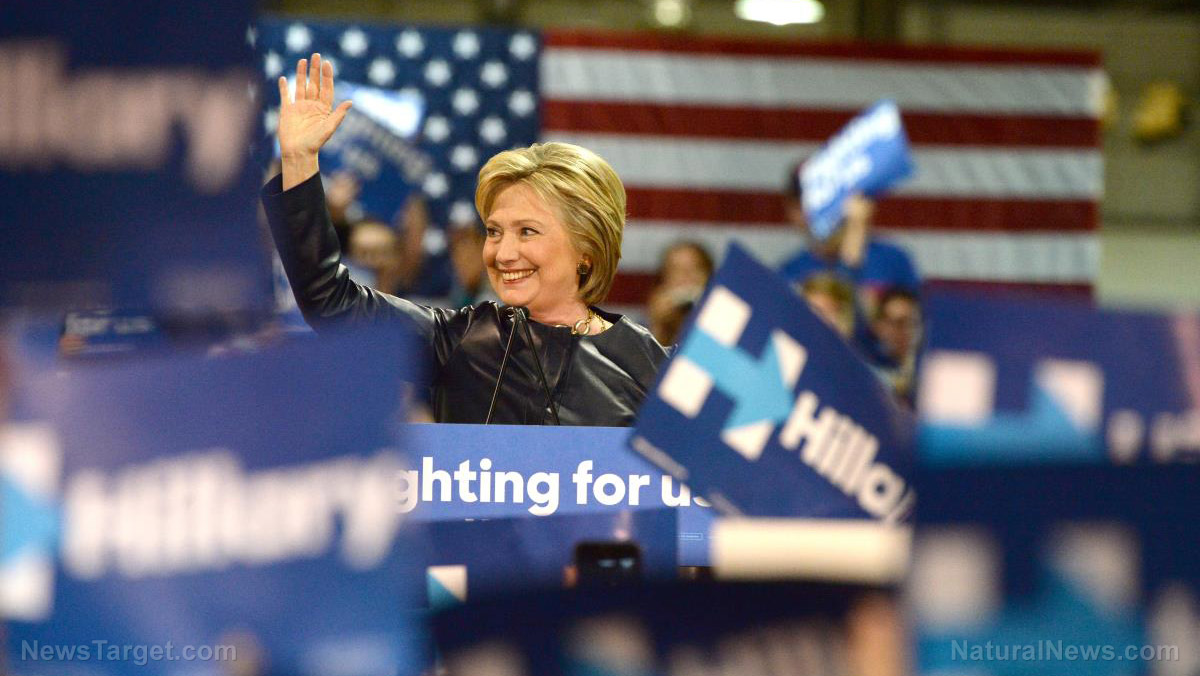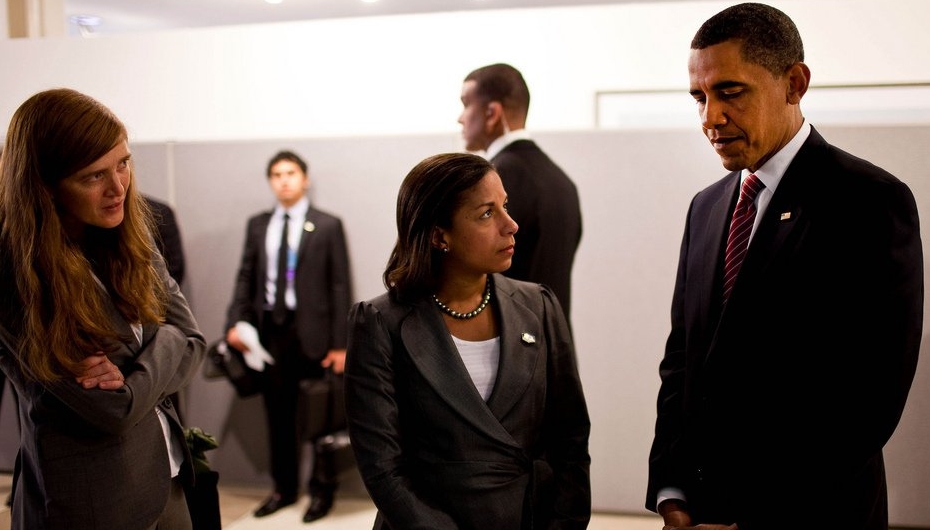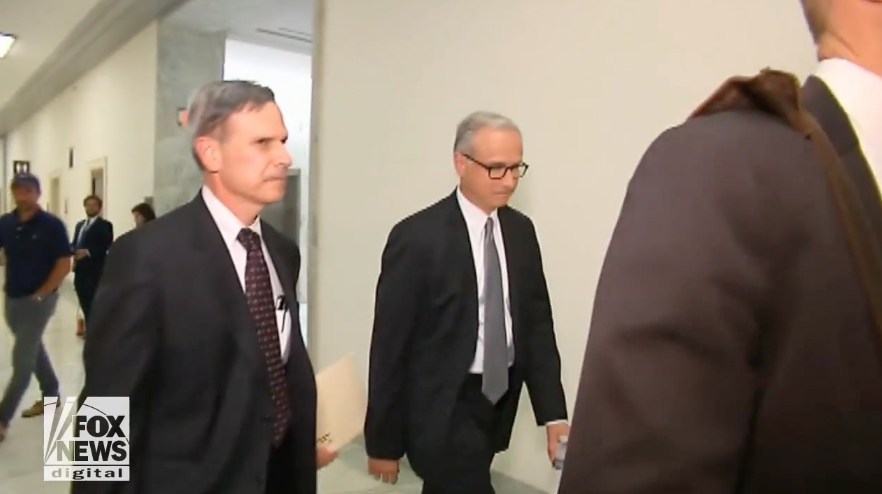He thinks as little of them as he does of the journalists he and his team must spoon-feed. “The average reporter we talk to is 27 years old, and their only reporting experience consists of being around political campaigns,” Rhodes says. “They literally know nothing.”
Then there are others his assistant Ned Price refers to as “force multipliers,” more senior reporters and pundits who parrot what they’re told. “I’ll give them some color,” Price says, using the journalistic term for juicy bits of inside-baseball detail, “and the next thing I know, lots of these guys are in the dot-com publishing space, and have huge Twitter followings, and they’ll be putting this message out on their own.”
A foreign-policy reporter named Laura Rozen, the most credulous conveyor of pro-Iran-deal news last year, is given a specific shout-out by White House digital guru Tanya Somanader. “Laura Rozen was my RSS feed,” Somanader tells Samuels. “She would just find everything and retweet it.”
The Iran deal, you may recall, was wildly unpopular with the American people. To ensure senators didn’t cast a two-thirds vote against it and kill it, the White House set up a digital response “war room” whose purpose was relentlessly to make the case that a vote against the deal was a vote for war.
It could only work if water-carriers did the White House’s job for it, and nonprofit water-carriers did their faithful duty. “We created an echo chamber,” Rhodes tells Samuels about the journalists and think-tankers who were discussing the Iran deal based almost entirely on information given to them by the White House. “They were saying things that validated what we had given them to say.”
Little did these denizens of Rhodes’ echo chamber know their loyalty would be seen as servility and would become the subject of post-victory gloating. “We had test drives to know who was going to be able to carry our message effectively, and how to use outside groups like Ploughshares, the Iran Project and whomever else,” Rhodes says. “So we knew the tactics that worked.”
The storyline they peddled was that the Iran deal had been negotiated in a furious round of back-and-forthing in 2014 and 2015, with the United States getting far better terms out of Iran than it expected due to the flexibility of a newly moderate government in Tehran.
It was, Samuels says, a deliberately misleading narrative. The general terms were actually hammered out in 2012 by State Department officials Jake Sullivan and William Burns, rooted in Obama’s deep desire from the beginning of the administration to strike a grand deal with the mullahs.
Why on Earth was such conduct remotely acceptable? Because, Samuels makes clear, Rhodes and Obama believe they’re the only sensible thinkers in America and that there’s no way to get the right things done other than to spin them. “I mean, I’d prefer a sober, reasoned public debate, after which members of Congress reflect and take a vote,” he tells Samuels. “But that’s impossible.”
Impossible? There was a sober, reasoned public debate over the Iran deal. Its opponents were deadly serious. In the end, 58 senators voted against it on sober, reasoned grounds.
What the Samuels piece shows is that the Obama administration chose to attempt to get its way not by winning an argument but by bringing an almost fathomless cynicism to bear in manipulating its own clueless liberal fan club.





















